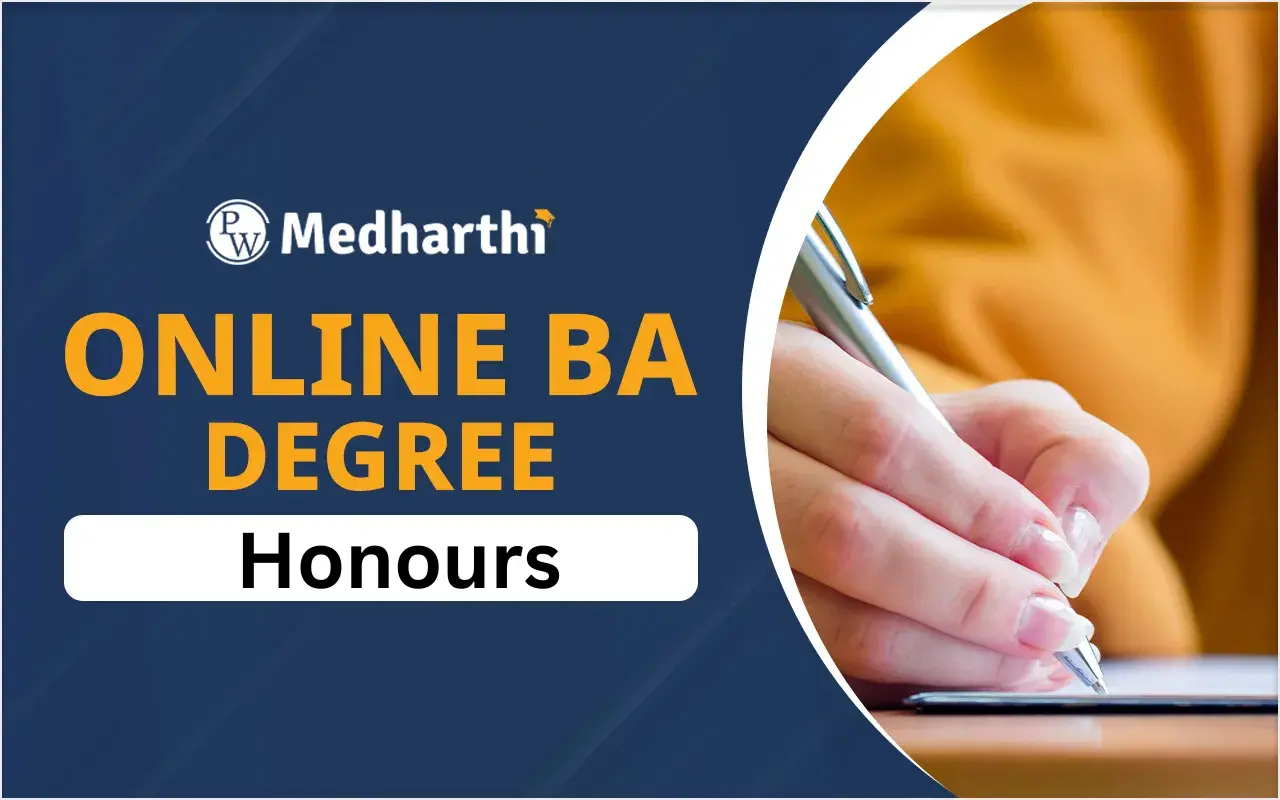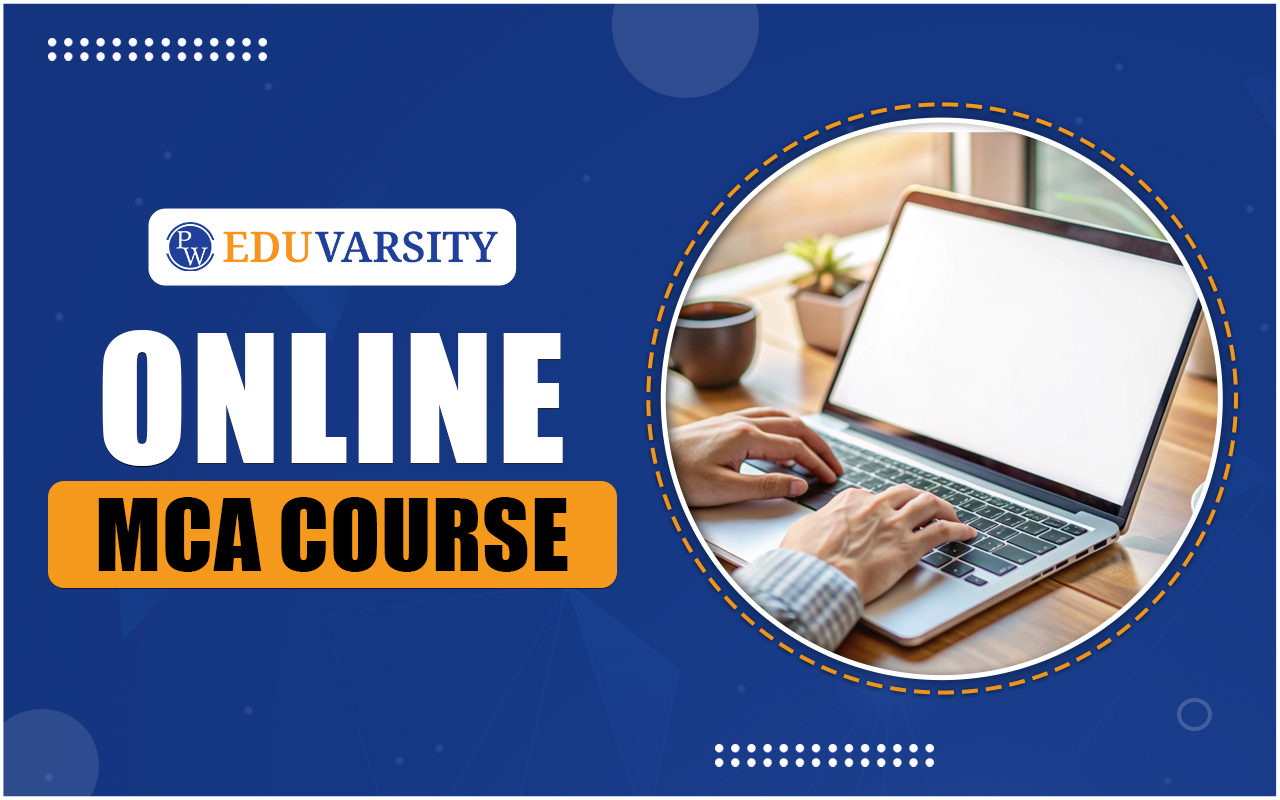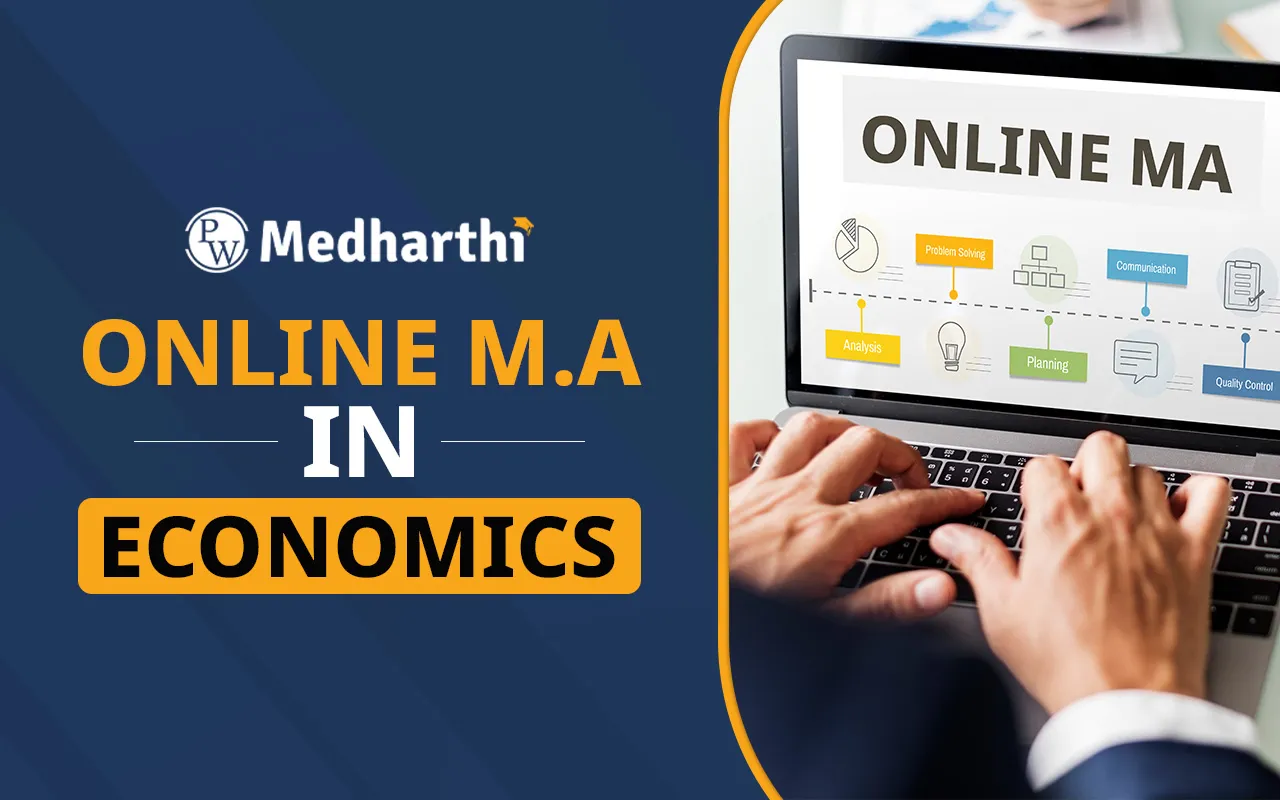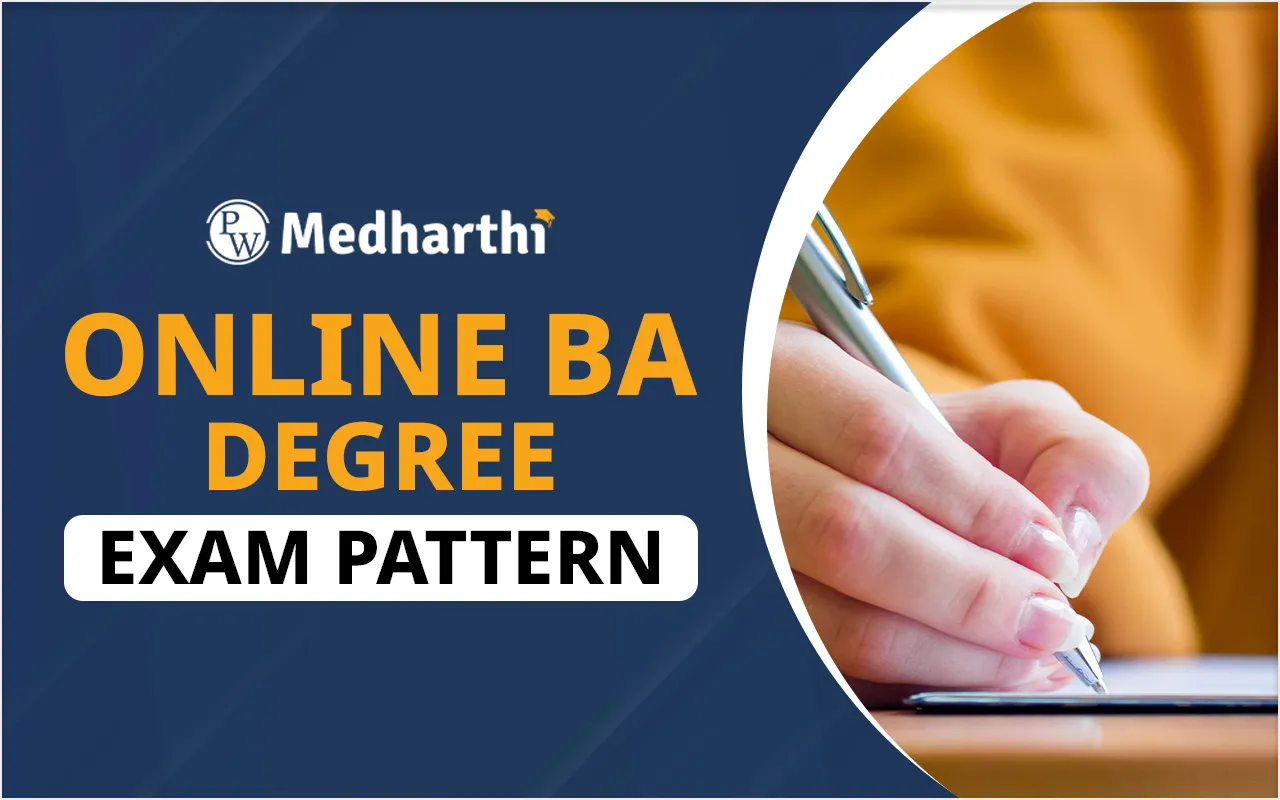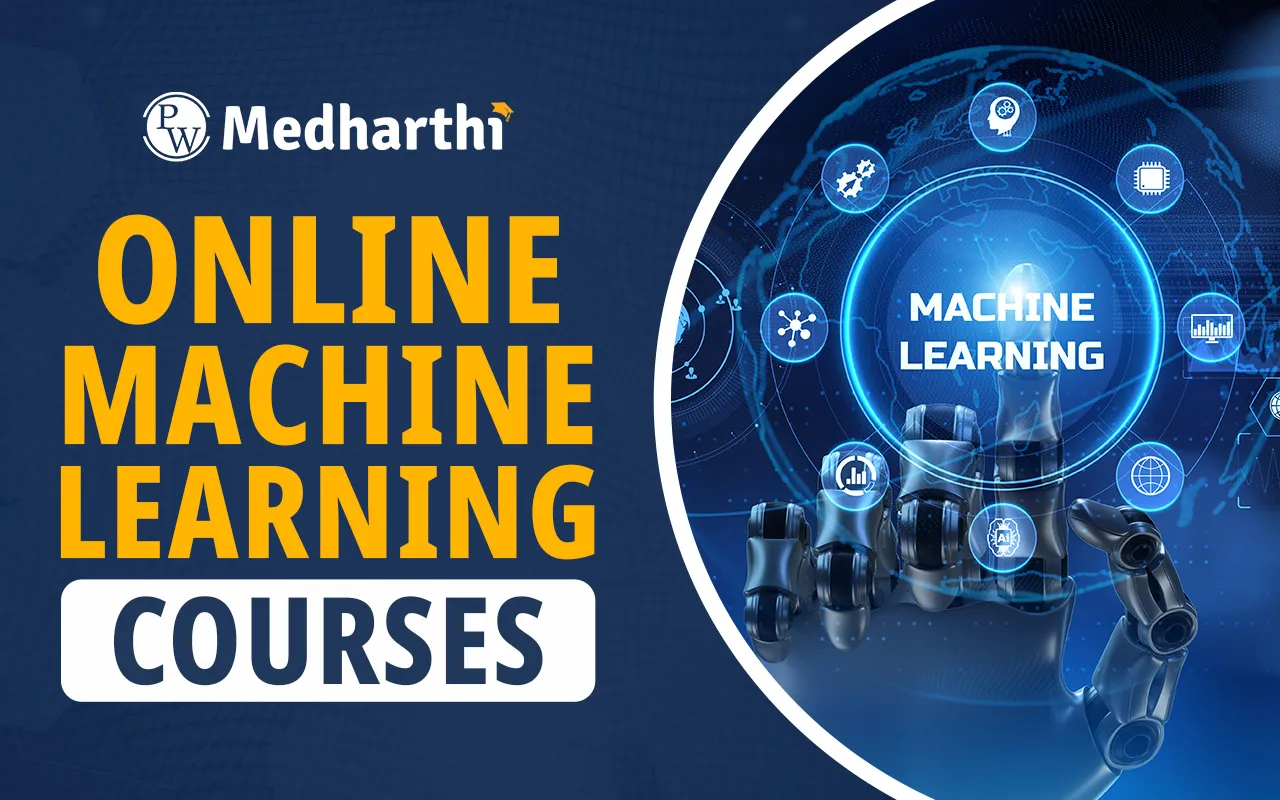Choosing a valid online technical degree program requires careful consideration to ensure quality and recognition. By focusing on factors like accreditation, curriculum relevance, and industry credibility, you can make a confident and informed decision.

Are Online Technical Degrees Valid? UGC Latest Guidelines 2025 With the rise of digital education, online degrees, particularly in technical fields, have become a popular choice among students and professionals. However, many questions surround the validity of these degrees in India, especially in light of regulatory frameworks set by the University Grants Commission (UGC). This article delves into the legitimacy of online technical degrees, the latest UGC guidelines, and what students should know before enrolling in such programs.
Why Online Technical Degrees Are Gaining Popularity
The demand for online technical degrees has skyrocketed in recent years due to the flexibility and accessibility they offer. Here are some reasons why they are becoming a preferred choice:- Flexibility: Students can learn at their own pace and from anywhere in the world.
- Affordability: Online programs are often more cost-effective than traditional on-campus programs.
- Skill Development: Many online courses are designed to focus on industry-relevant skills, making graduates job-ready.
- Global Accessibility: Students have access to courses offered by reputed universities worldwide without the need for physical relocation.
UGC's Role in Regulating Online Degrees
The University Grants Commission (UGC) is the apex body responsible for maintaining the standards of higher education in India. It plays a crucial role in regulating online degrees offered by universities and institutions. In recent years, the UGC has taken significant steps to address concerns about the legitimacy and quality of online education.Latest UGC Guidelines for Online Degrees (2024 Update)
The UGC has issued clear guidelines to ensure the credibility and quality of online degrees. Below are the key highlights of the latest UGC regulations:1. Eligibility of Institutions
Only universities and institutions meeting specific criteria can offer online degree programs. These criteria include:- Institutions must be accredited by the National Assessment and Accreditation Council (NAAC) with a minimum score of 3.01 on a 4-point scale.
- Universities must be ranked among the top 100 institutions in the National Institutional Ranking Framework (NIRF) in any of the last two years.
- They must have been in existence for at least five years.
2. Programs Permitted Online
The UGC has permitted institutions to offer online degrees in disciplines where they already provide programs in regular mode. However, technical programs like engineering and medicine require prior approval from statutory bodies such as AICTE (All India Council for Technical Education) or the Medical Council of India (MCI).3. Examination and Assessment Standards
The guidelines mandate:- Proctored online exams to ensure integrity.
- Continuous internal assessments to evaluate students' progress.
- Institutions must follow the same standards of evaluation as for regular programs.
4. Credit Transfer
Students pursuing online degrees can now transfer credits earned from online courses to regular programs and vice versa, provided the institution allows it.5. Mandatory Learning Management System (LMS)
Institutions offering online programs must have a robust Learning Management System (LMS) in place. This ensures students have access to lectures, assignments, and support systems.Validity of Online Technical Degrees in India
Based on UGC’s guidelines, online technical degrees are valid under the following conditions:- Approval by Regulatory Bodies: For technical programs such as engineering, approval from bodies like AICTE is mandatory.
- Institution Accreditation: The degree must be obtained from an accredited institution recognized by the UGC.
- Adherence to Standards: The program must comply with UGC guidelines regarding curriculum, examination, and assessment.
Comparison of Online vs Traditional Technical Degrees
The table below highlights key differences between online and traditional technical degrees:| Parameter | Online Technical Degree | Traditional Technical Degree |
|---|---|---|
| Flexibility | High flexibility; self-paced learning | Fixed schedules; classroom attendance required |
| Cost | More affordable | Relatively expensive |
| Learning Mode | Virtual (recorded/live lectures, LMS) | In-person (classroom, labs) |
| Practical Training | Limited (virtual labs, simulations) | Extensive hands-on training in physical labs |
| Regulatory Oversight | Subject to UGC and statutory body approval | Strong regulatory oversight |
| Recognition | Valid if UGC-approved | Universally recognized |
Pros and Cons of Online Technical Degrees
Online technical degrees offer flexibility and accessibility, making them a popular choice for many learners. However, they also come with challenges like limited practical exposure and varying employer acceptance. Understanding their pros and cons is key to making an informed decision.Pros:
- Convenience: Ideal for working professionals or students in remote areas.
- Wide Range of Choices: Access to specialized programs not available locally.
- Cost-Effectiveness: Saves money on commuting, lodging, and other expenses.
Cons:
- Limited Hands-On Training: Practical exposure may not match traditional programs.
- Quality Concerns: Risk of enrolling in unaccredited programs.
- Acceptance Issues: Some employers and institutions may prefer traditional degrees.
Tips for Choosing a Valid Online Technical Degree Program
- Check Accreditation: Ensure the institution is accredited by UGC and the program is approved by relevant statutory bodies.
- Verify Industry Recognition: Opt for programs that have strong industry tie-ups and recognition.
- Evaluate the LMS: A well-designed LMS is crucial for a seamless learning experience.
- Examine Faculty Credentials: Review the qualifications and experience of the faculty delivering the program.
- Assess Placement Support: Look for programs that offer placement assistance or internships.
| Online Degree Important Links | |
| Online BCom Course | |
Are Online Technical Degrees Valid? <span data-sheets-root=
Q1. Are online technical degrees valid in India?
Ans. Yes, online technical degrees are valid in India as long as they are offered by universities approved by the UGC and comply with its guidelines regarding accreditation, quality, and regulatory standards.
Q2. What are UGC's latest guidelines for online technical degrees in 2025?
Ans. The UGC's 2025 guidelines mandate that universities offering online technical degrees must be accredited by recognized bodies such as NAAC (National Assessment and Accreditation Council) with a minimum score. These institutions must also maintain transparency in program structure, adhere to curriculum quality standards, and provide technical support for students.
Q3. How can I check if an online technical degree is valid?
Ans. You can verify the validity of an online technical degree by checking the university’s UGC approval status, accreditation details, and whether the program meets AICTE (All India Council for Technical Education) standards for technical education.
Q4. Do employers accept online technical degrees in India?
Ans. Employers in India increasingly recognize online technical degrees, especially if they are from UGC-approved institutions. However, the reputation of the university and the quality of the program can influence employer perception.
Q5. Can I pursue an engineering degree online?
Ans. As of now, the AICTE does not permit full-fledged engineering degrees to be offered entirely online. However, other technical programs such as data science, IT, and software development may be available online through UGC-accredited institutions.
Talk to a counsellorHave doubts? Our support team will be happy to assist you!

Check out these Related Articles
Free Learning Resources
PW Books
Notes (Class 10-12)
PW Study Materials
Notes (Class 6-9)
Ncert Solutions
Govt Exams
Class 6th to 12th Online Courses
Govt Job Exams Courses
UPSC Coaching
Defence Exam Coaching
Gate Exam Coaching
Other Exams
Know about Physics Wallah
Physics Wallah is an Indian edtech platform that provides accessible & comprehensive learning experiences to students from Class 6th to postgraduate level. We also provide extensive NCERT solutions, sample paper, NEET, JEE Mains, BITSAT previous year papers & more such resources to students. Physics Wallah also caters to over 3.5 million registered students and over 78 lakh+ Youtube subscribers with 4.8 rating on its app.
We Stand Out because
We provide students with intensive courses with India’s qualified & experienced faculties & mentors. PW strives to make the learning experience comprehensive and accessible for students of all sections of society. We believe in empowering every single student who couldn't dream of a good career in engineering and medical field earlier.
Our Key Focus Areas
Physics Wallah's main focus is to make the learning experience as economical as possible for all students. With our affordable courses like Lakshya, Udaan and Arjuna and many others, we have been able to provide a platform for lakhs of aspirants. From providing Chemistry, Maths, Physics formula to giving e-books of eminent authors like RD Sharma, RS Aggarwal and Lakhmir Singh, PW focuses on every single student's need for preparation.
What Makes Us Different
Physics Wallah strives to develop a comprehensive pedagogical structure for students, where they get a state-of-the-art learning experience with study material and resources. Apart from catering students preparing for JEE Mains and NEET, PW also provides study material for each state board like Uttar Pradesh, Bihar, and others
Copyright © 2025 Physicswallah Limited All rights reserved.
Get App

